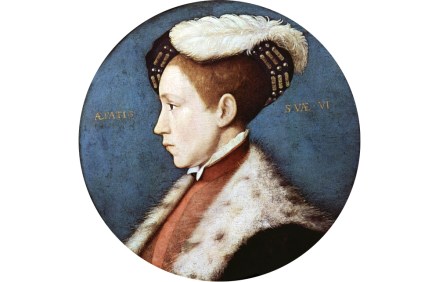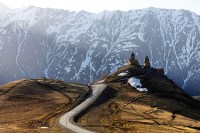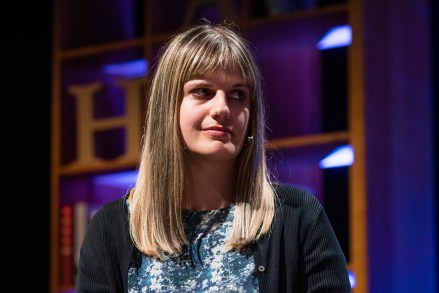Back from the beyond: The Book of Love, by Kelly Link, reviewed
Kelly Link’s short-story collections bewilder and delight with their sideways takes on fantasy tropes. People might turn into cats, but they do it while texting emojis (dancing lady, unicorn, happy face). In The Book of Love, Link’s debut novel, she revels in upholding and upturning the genre’s conventions. Mainlining Buffy the Vampire Slayer, and with a dose of recent teen Netflix fantasies such as Locke & Key, her setting is a small coastal town in Massachusetts to which three sarky adolescents have suddenly returned home – although not, as is generally supposed, from a short trip to Ireland, but from what they, alongside assorted supernatural beings, know to be Death












